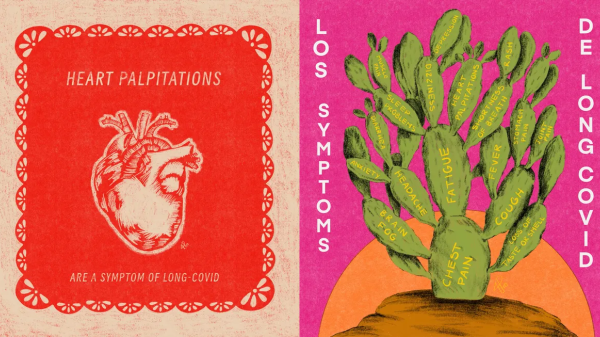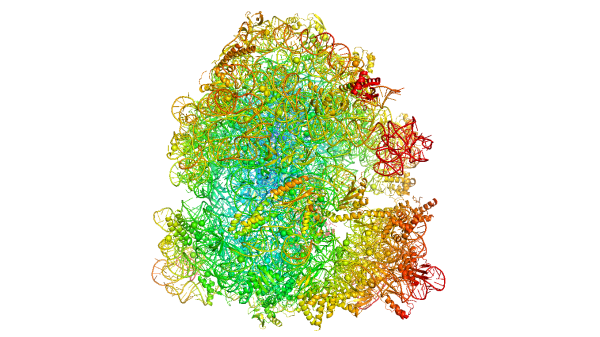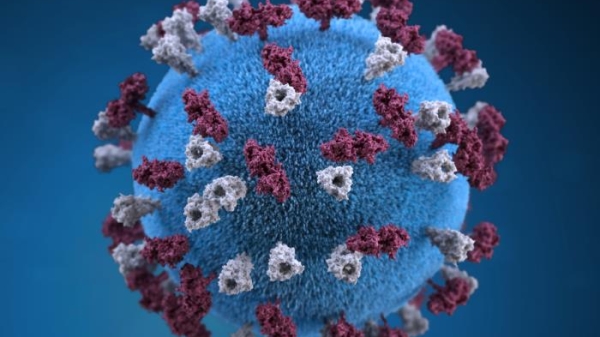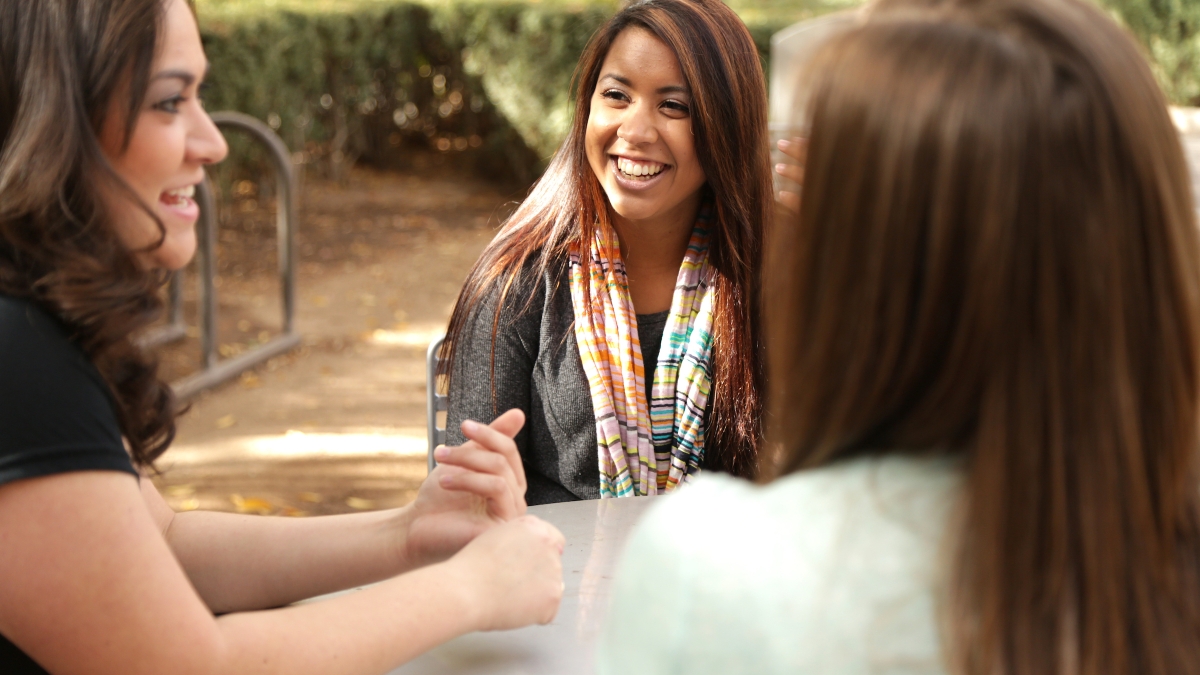Recognizing the need for connection and community support, especially for graduate students from underrepresented populations, the Graduate College is piloting a new group mentoring experience. “Circles” are peer-driven mentoring groups available to students looking for community and support within shared academic and cultural identities.
Mentoring circles for the following identity-based communities are launching now:
First-generation graduate students
International graduate students
Ethnic and racial minority graduate students
LGBTQIA+ graduate students
Graduate students underrepresented in their academic disciplines
For mentors and group facilitators, leading circles is a way to support other graduate students and pay forward the support they’ve received from their mentors.
“I’m really excited about the launch of the new circles,” said Peiyuan "Boki" Wang. Wang and her academic adviser, Sydney Shaefer, will be co-leading a circle for graduate women in engineering this fall.
“My mentors have given me a safe space to voice my concerns and seek support, and have helped me tremendously in both overcoming common graduate student struggles and in thriving as a growing person,” Wang said.
Peer mentoring circles meet on a regular basis determined by each circle. Participants themselves will drive discussions around topics or challenges that reflect the common need. Each circle is led by mentors who have completed the CIRCLES Mentor Training Program. These mentors will be guided by a general mentoring framework developed by the Graduate College.
Students interested in starting a new circle or joining an existing circle should visit the Graduate College CIRCLES Group Mentoring webpage or email gradmentor@asu.edu.
Written by Zachary Reeves-Blurton, program manager, Graduate College.
More Health and medicine

Health communication program brings long COVID awareness to Latinos
After COVID-19 hit the Latino community especially hard, Gilberto Lopez created COVIDLatino, a health communication program…

Gates Foundation to fund research on antibiotic resistance
Antibiotic resistance, what happens when germs develop the ability to defeat the drugs designed to kill them, is a growing…

ASU epidemiologist on the rise in US measles cases
The Centers for Disease Control and Prevention issued an alert this month about a rise in measles cases worldwide. And as of…
